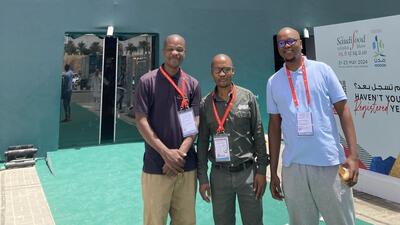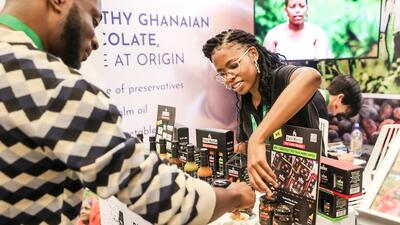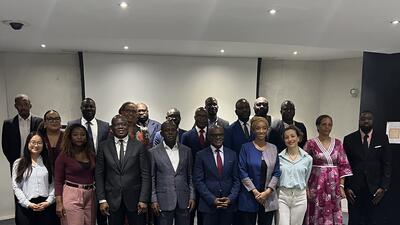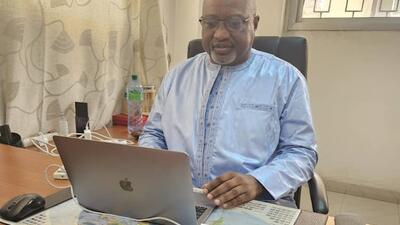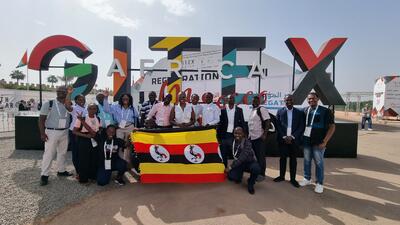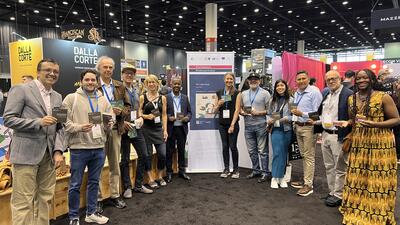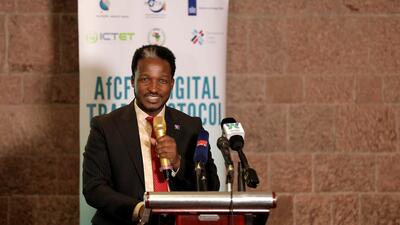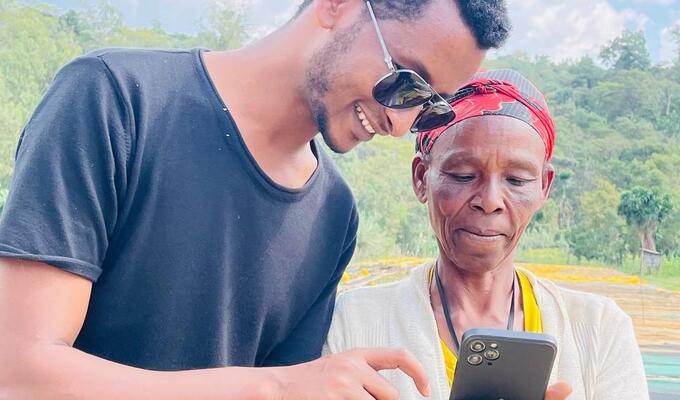
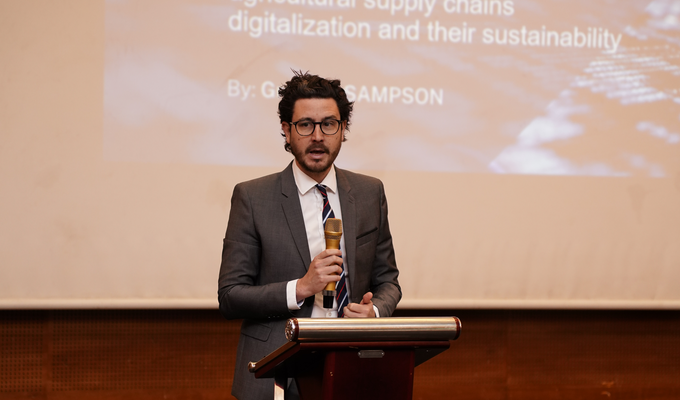
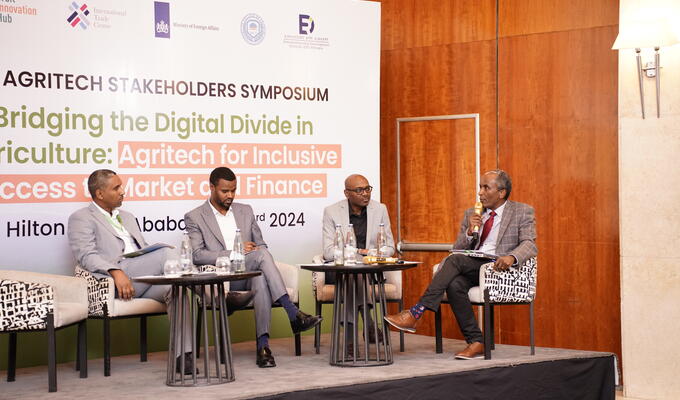
Ethiopian Agri-tech Joining Farmers to Meet EU Goals on fighting Deforestation
The European Union Deforestation Regulation (EUDR) aims to ensure that products imported into the EU do not contribute to deforestation. It's crucial for Ethiopian and African farmers to comply quickly to maintain access to the EU market, which is vital for their economic stability and growth.
“If farmers and producers do not comply with EUDR, they risk losing orders from EU buyers, leading to significant economic losses,” said Gregory Sampson, Solutions Architect at the UN International Trade Centre (ITC). “As of now, there is no indication of an extension or flexibility on the December 30, 2024 deadline, making prompt action essential,” he added.
ITC provides technical assistance, capacity building, and training to help countries meet EUDR regulations, supporting both farmers and producers, and government and industry bodies.
But meeting EUDR requirements by the end of 2024 is a major challenge, particularly for Ethiopian coffee exporters, as many of the stakeholders are not aware of the upcoming regulations.
In response, Orbit Innovation Hub in Addis Ababa, in partnership with the ITC Netherlands Trust Fund V Ethiopia Tech project, organized a symposium dedicated to exploring the potential of agritech in improving access to markets and finance.
Some 140 representative from the tech sector, local and international NGOs, government, banks, farmers and exporters attended the symposium to learn the importance of adopting traceability systems, understanding the regulation's requirements, and the need for collaboration among stakeholders to ensure smooth implementation.
“Events like the symposium in Ethiopia are critical as they provide a platform for knowledge sharing, networking, and exchanging best practices related to EUDR compliance,” Sampson said.
“We are facing a very short deadline, and one thing we understood from the discussions is that knowledge is very limited,” added Saminas Seyfu, Orbit’s director of communication and community development. “Although agriculture and coffee is our backbone, there is no clear strategy on how to deal with the EU changes.”
The European Union is Ethiopia’s biggest single market. With 70% of Ethiopia’s population living in rural areas and 85% of agricultural production coming from smallholder farmers, reliable access to markets like the EU can boost productivity, increase incomes, and strengthen food security in the country.
But although smallholder farmers play a critical role in Ethiopia, they often face significant challenges in developing sustainable practices and accessing markets due to limited infrastructure, knowledge, information, and resources.
Seyfu believes agri-tech can offer these producers a way to overcome these barriers and use technology to level up to international standards. Tech companies at the symposium suggested creating a matchmaking platform for agricultural ventures to find tech companies to collaborate with, and at least one tech start-up has already opened discussions with a coffee exporter on a new solution on traceability standards.
“There are so many complicated issues, some of them are cultural, others are digital literacy and collaboration between stakeholder companies. Everyone, from financial institutions, customs authorities, exporter certification providers, port inspectors, all need to understand what EUDR means. The EU is our biggest market; this is not something we can ignore,” said Seyfu.
Early compliance on the EUDR will enhance the trust of EU buyers. Many of them may start diverting their orders and looking to source coffee from other countries that are prepared for EUDR, noted Sampson.
There has been an increasing demand for ITC’s support in providing more assistance and training to ensure comprehensive compliance, and ITC is currently developing the Deforestation Free Trade Gateway, an online platform which will support small producers across the world comply with EUDR requirements, and connect them to international buyers.
“Commitment from the government, the private sector and business associations will prove critical, and leveraging tech in agriculture is the best way forward,” Seyfu said. “We need to invest in this as agriculture is a way of life for most Ethiopian families. From the household to the nation, agriculture is everything.”
“This is not just about Ethiopia,” he added. “We need to also engage the African Union and make this a continent-wide agenda. Ethiopia can lead the way.”
About the project
The Netherlands Trust Fund V (NTF) (July 2021 – June 2025) is based on a partnership between the Ministry of Foreign Affairs of The Netherlands and the International Trade Centre. The programme supports MSMEs in the digital technologies and agribusiness sectors. Its ambition is two-fold: to contribute to an inclusive and sustainable transformation of food systems, partially through digital solutions, and drive the internationalization of tech start-ups and export of IT&BPO companies in selected Sub-Saharan African countries.







